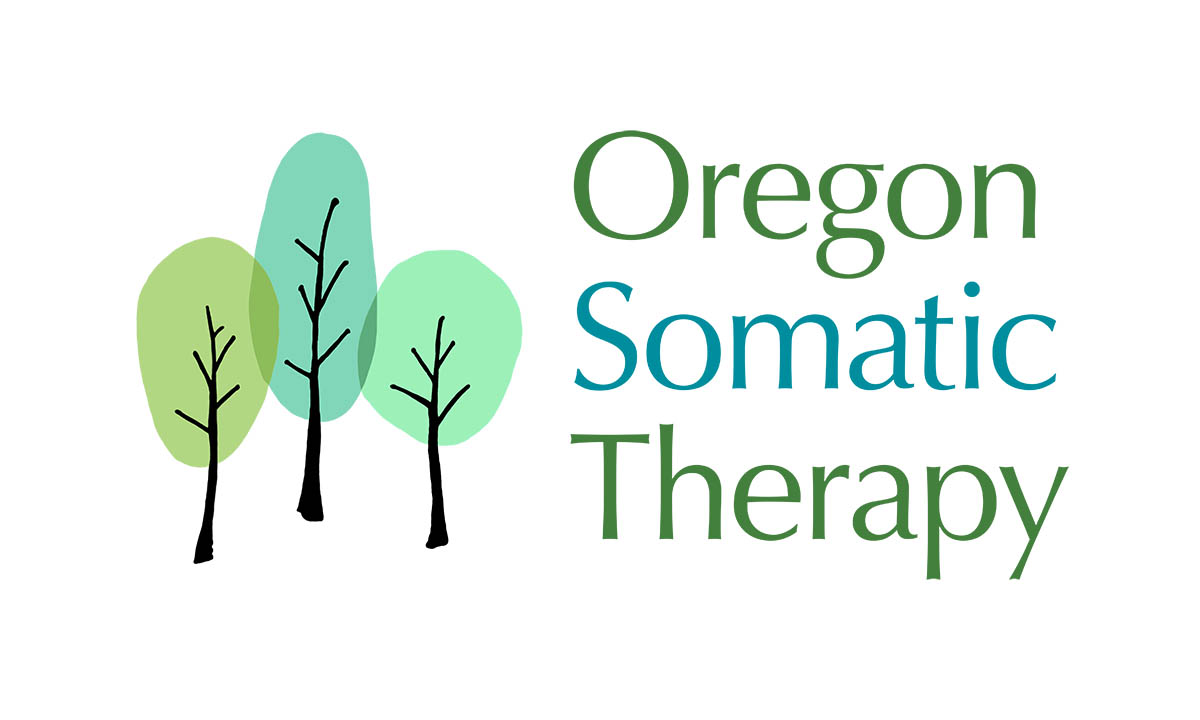Most people have an Inner Critic that tries to brow beat or guilt them into change. You may hear that little voice saying “You should . . . “or “You shouldn’t . . . .” I call this shoulding on yourself. It’s not very much fun.
If you feel bad enough, you may make temporary changes, but then fall back in to the old pattern once the self-hate-motivation has worn off. And guess who’s waiting to tell you what a loser you are . . . the Inner Critic again.
This cycle can be very discouraging.
Most people mistakenly believe that change is a simple 2 step process:
- You make up your mind to change
- Then you change.
Oops. Not so easy.
Behavioral scientist, John Prochaska, studied 1000s of people who successfully changed an important pattern in their lives. And he found some amazing results: It takes five distinct stages to create long lasting, satisfying, sustainable change.
And each stage has a number of tasks. It’s a little like a baby learning to walk or riding a bicycle. So give yourself a break!
Think of something you’d like to change. It might be arguing less with your child, going to the gym, eating more healthy food, cutting down on alcohol or drugs, dropping a few pounds. Then take this little survey. It will help you identify what stage of change you are in and perhaps be a little more gentle with yourself. You can tell the Inner Critic to get off your back. . . . or people who think nagging you will help you change.
Write down the number based on how true each statement feels for you right now, not what you have felt in the past or would like to feel.
Then see the scoring below and what it means. Then if you’re ready, get to work!
1 = Strongly Disagree 2 = Disagree 3 = Undecided 4 = Agree 5 = Strongly Agree
What I’d like to change is _____________________________________________________________________
Typical thoughts of each stage
- As far as I’m concerned, I don’t have any problems that need changing. _____
- I guess I have faults, but there’s nothing that I really need to change. _____
- I have worries but so does the next guy. Why spend time thinking about them? _____
- I’ve been thinking that I might want to change something about myself. _____
- I have a problem with ____________ and I really think I should work at it. _____
- I wish I had more ideas on how to solve the problem with ___________. _____
- I’m talking with people who can help me with _________________ _____
- I have started working on my problems with _______________ but I would like help. _____
- I have a plan to start one of these days when it feels right. _____
- Even though I’m not always successful in changing, I am at least working on my problem with _______________ _____
- I’ve been making these changes for the last 3 months and it’s starting to feel pretty good. _____
- Anyone can talk about changing. I’m actually doing something about it. _____
- I have been successful in working on my problem with _____________ for quite a while now. Sometimes I slip, but overall it’s going well _____
- I thought once I had resolved my problem with _______________ I would be free of it, but sometimes I still find myself struggling with it. _____
- I’d like some help so I don’t slip back with the positive changes I’ve made again _____
Scoring
| Stage of Change | Item Number | Total Score |
| Pre-contemplation Stage | 1 – 3 |
|
| Contemplation Stage | 4 – 6 |
|
| Preparation Stage | 7 – 9 | |
| Action Stage | 10 – 12 |
|
| Maintenance Stage | 13 – 15 |
Notice in which stage you are working and notice what you expect of yourself. Are you working on the most effective tasks? If you are trying to be in the action stage but have not completed the contemplation tasks, you may feel frustrated and discouraged. It may be time to revise how fast you think you can make change, so that it is a satisfying and sustainable new part of your life.
Read about the stages below to help you focus on activities that will help you get a home run and decrease your frustration or discouragement.
Pre-contemplation
You probably don’t recognize that there is a problem. People may tell you there is a problem but it’s either not important, or you simply don’t agree.
· Your only task is to simply notice that there are problems or disadvantages to the current state of affairs
Contemplation
In this stage you start to see that there is a problem. You wonder if the things you do, think or feel bring about the problem. You start to see that choices you make lead to unwanted consequences. You may believe that you can’t do anything about it, but you see your role. The more you define and explore the problem, the more clarity you get that a solution may be possible. You may develop a little more confidence that a better way is possible. You are contemplating. You can not skip this stage! For some people it can last weeks, months, years and even most of one’s life. You think maybe some day you’ll do something about it. Important tasks for you to do include:
- Become aware of problems associated with behavior.
- Notice ambivalent regarding positives and negatives.
- Explore the potential to change.
- Develop the desire to change behavior and some confidence and commitment.
- Considering change in the future, not now
- Start to focus on future not past,
Decision Point
Something happens that wakes you up, Makes you think. It’s usually something bad that makes you realize it’s time to do something different. For example you miss a deadline at work and people are really mad at you. You know you need to make some changes. This is an event, not a stage that helps you realize that the negatives of the behavior out-weigh the positives. You are now motivated to take action.
Preparation
When you arrive in the Preparation Stage, you see that what you do, think and feel, brings causes the problem. It isn’t someone else’s fault. You start to see that since you are the cause, you may be part of the solution too. You start to develop confidence. You start thinking about a plan to change. Important! Notice that you are not changing anything yet! But you are getting ready. And like the contemplation stage, you cannot skip over this stage. Important tasks in this stage include:
- Accept responsibility to change behavior.
- Evaluate and select techniques for behavior.
- Develop a plan.
- Build confidence and commitment.
- Have a start date in mind for intended changes
- Resolve ambivalence
- Motivate yourself with pros not the cons
- Design workable, concrete, practical plan, made up of small manageable steps
Action
Now you have a concrete plan to make changes that really matter to you. You’ve got the support, information, time, money and energy to change and all of a sudden it seems much more easy. You’ve broken your plan into manageable steps. And you take that first steps on your new improved life. Important activities for this stage include:
- Engage in a new behavior that is sustainable because it was some immediate rewards
- Gain new insights and develops new skills
- Consciously choose new behavior
- Learn to recognize and redirect unwanted behavior
- Realize you’ll be practicing these changes for 3 – 6 month
- Get help and support to sustain positive motivation
Maintenance
In this stage, you have successfully made your changes, and are enjoying the benefits. You’ve had a few slips, and you practice how to get back to a new improved plan that works better each time you revise it. You know your danger zones and how to either avoid them or maneuver through them. You have help and support when you need it. The change seems to sustain itself, simply because you feel better and are happier. This stage only happens when you’ve changed behavior for at least six months. Important aspects of the Maintenance Stage include:
- Master the ability to sustain new behavior with minimum effort through the ups and downs of life
- Establish desired new behavior patterns and self-control so they take a minimum of effort, and are a simple part of every day life
- Remain alert to high-risk situations and have a plan to manage them
- Focus is on lapse prevention.
- Adopt a new self-image consistent with desired behavior and lifestyle.
- Feel confident and enjoy the sense of mastery
- Enjoy a healthier and happier life.
- Identify and manage relapse challenges
If you are struggling with changing a pattern in your life, and you need a little support to move through these stages, counseling can help. If you’d like to set up an appointment, please give me a call or email to find out how the Secret Science of Change can help you succeed.
References
McConnaughy, E.N., Prochaska, J. O., & Velicer, W.F. (1983). Stages of change in psychotherapy: Measurement and sample profiles. Psychotherapy: Theory, Research and Practice, 20, 368-375.
http://web.uri.edu/cprc/measures/


